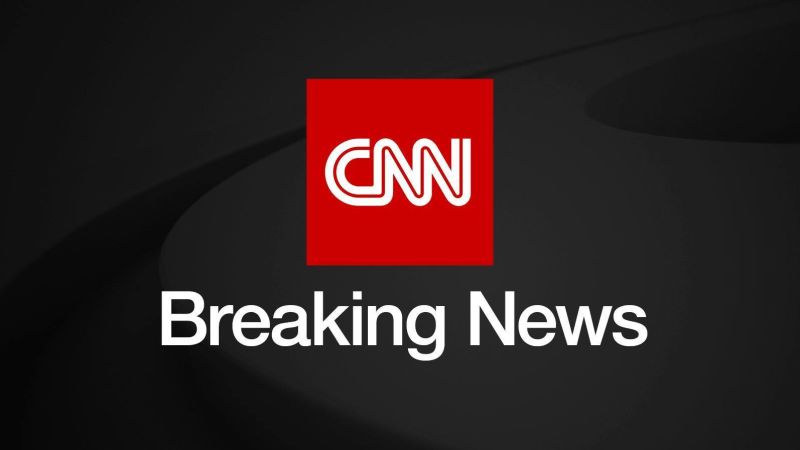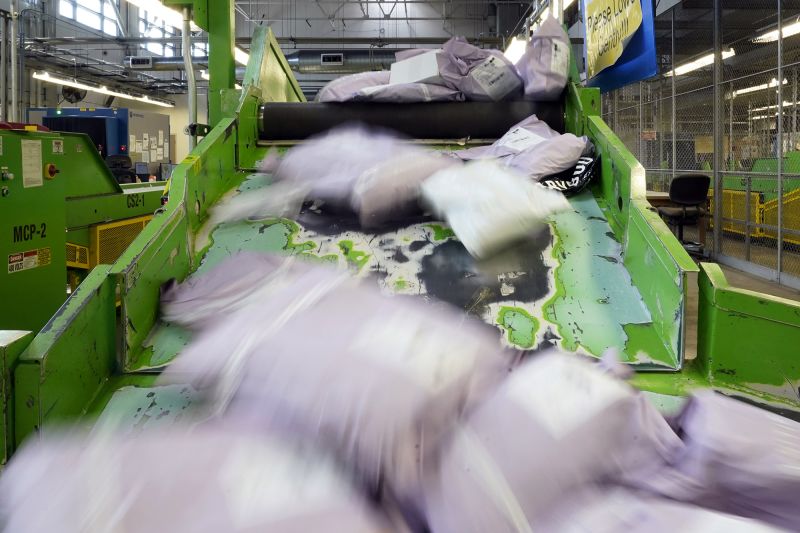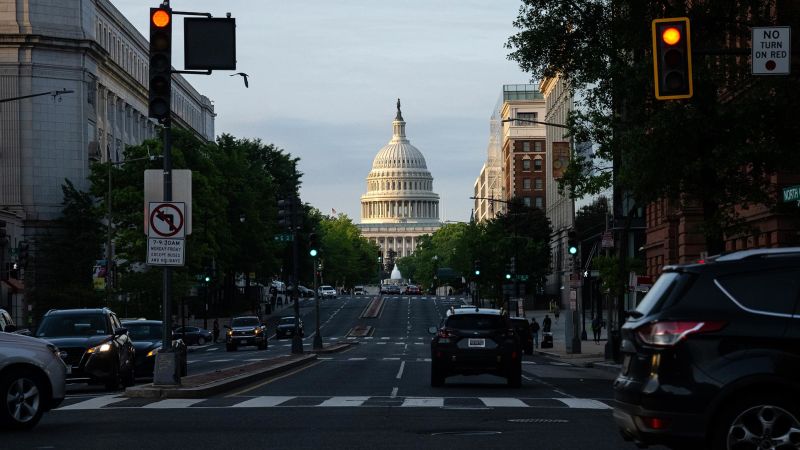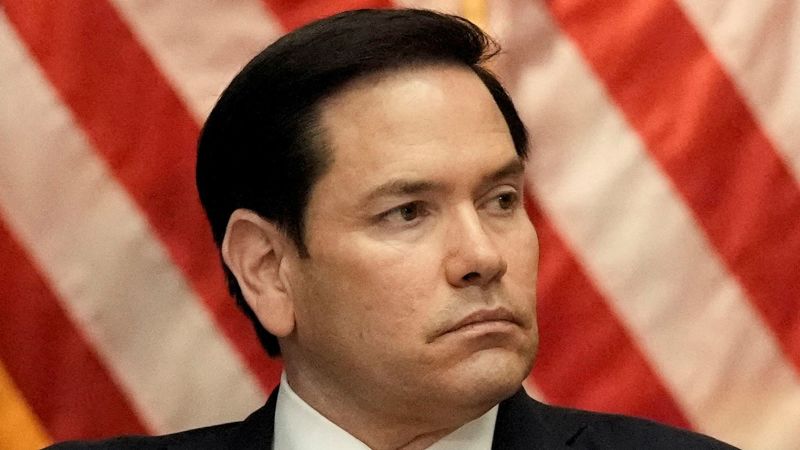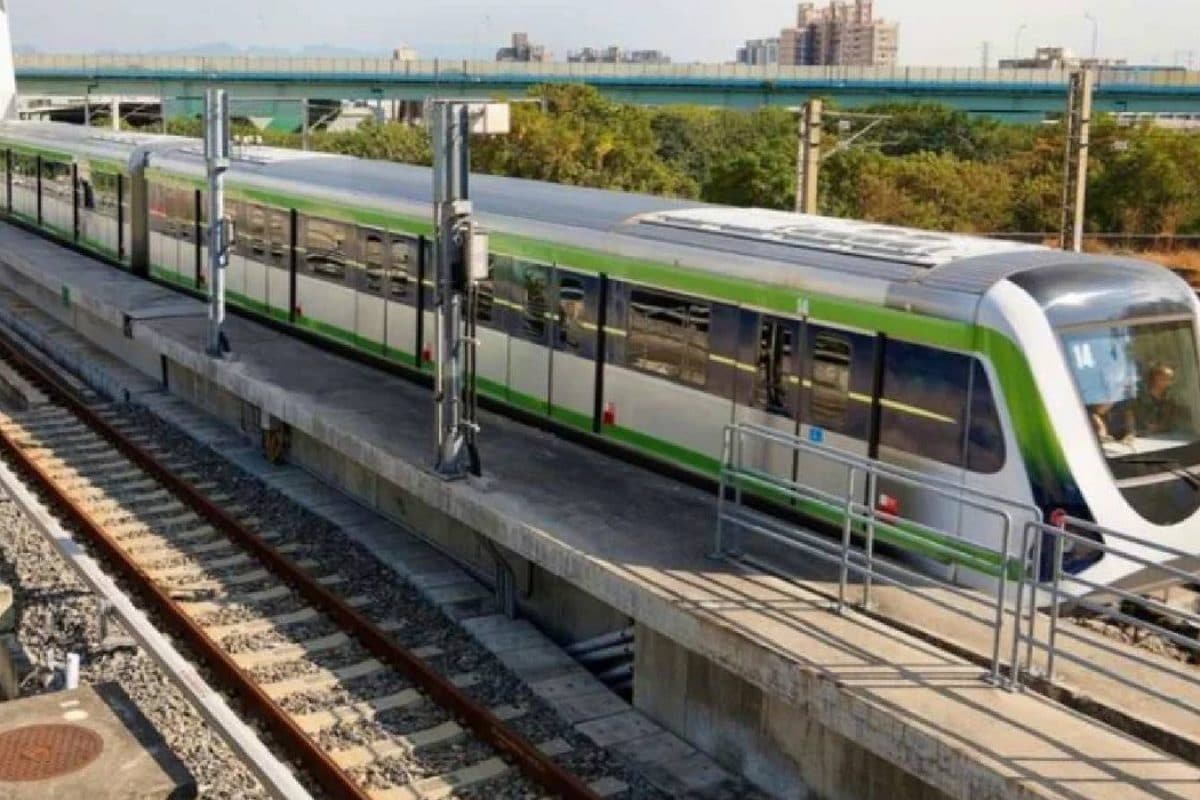Tech manufacturers worked overtime in early 2025 to produce hardware before the US imposed tariffs that would increase the prices punters pay for product. Evidence of the surge emerged on Monday in South Korea’s export data for March 2025, in which the nation’s Ministry of Science and ICT revealed a 24 percent jump compared to February’s result. Exports to the USA jumped 19.
4 percent. The Ministry spotted big increases in exports of memory, some due to demand for the high-bandwidth memory needed for AI workloads and some driven by declining inventories Exports of displays and smartphones both grew and the Ministry attributed the improvement in both markets to buyers laying in stock before the US imposed tariffs. As we reported earlier analyst firm IDC also spotted a tariff-inspired smartphone surge and attributed it to buyers acquiring new kit before prices rise.

While South Korea celebrates, China apparently recalibrates: Japanese outlet Nikkei on Monday reported that plants operated by contract manufacturers Foxconn and Quanta, and which produce hardware for Apple and HP Inc, have paused shipment of their output to the USA. Nikkei suggested the factories have shut some production lines and workers expect they’ll stay closed for the foreseeable future. One worker complained available overtime had fallen to just 40 hours a month – less than half of the extra hours previously available.
Most Original Design Manufacturers (ODMs) like Apple and HP Inc. work with several manufacturers to avoid concentration risks that became painfully obvious when China’s COVID-19 lockdowns were deeper and longer than those in many other nations and the country’s output slowed. Nations like India and Vietnam are now vying for investment that will let them host big electronics manufacturers and become an alternative to China.
Apple has reportedly managed to shift 20 percent of iPhone product to India, which was whacked with a 27 percent reciprocal tariff – well below the 145 percent currently charged to imports from China. Vietnam has already named a trade negotiator as it pursues a zero-tariff agreement with the USA. Those factories in China could be quiet for a long time.
®.
Technology

South Korea reports tech exports surged ahead of Trump tariffs

Meanwhile in China, factories that work for Apple and HP are reportedly closing some production line Tech manufacturers worked overtime in early 2025 to produce hardware before the US imposed tariffs that would increase the prices punters pay for product....








